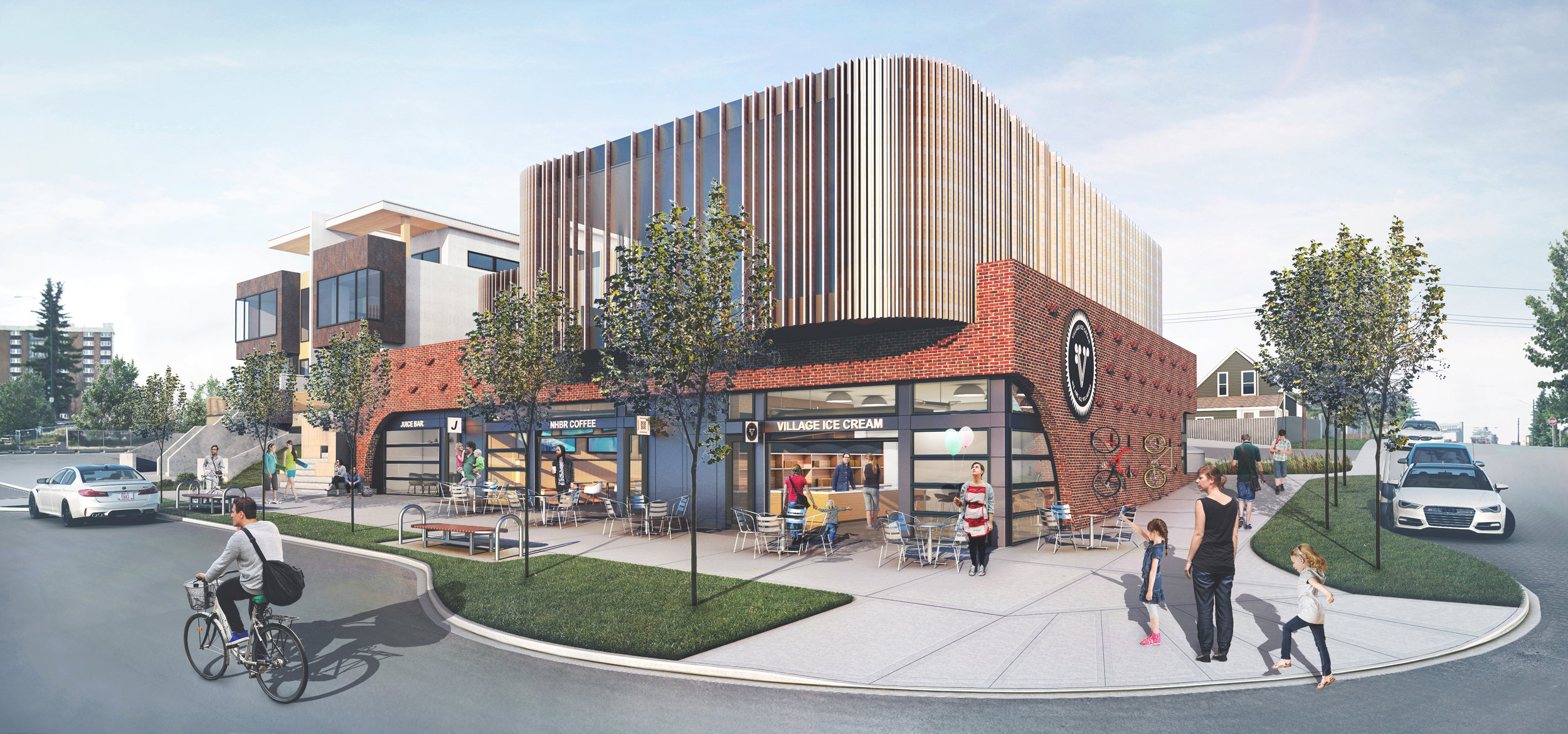zagox
Active Member
I think why Inglewood 9 Ave would thrive, and Kensington Road & 10 St would fall apart in a recession is that smaller individuals and groups own most of the storefronts in Inglewood and are more incentivized by having full occupancy/rent roll, that is why when vacancies happen in the Burns Block, etc. they are filled in short order. These are the kind of landlords that take risks and build communities.
Whereas larger landlords and REITs that own most of the buildings in Kensington are too worried about the value of the building (ie. achieve the highest lease rate possible) that they will let it sit vacant forever waiting for a bank or similar tenant to come along and pay them $40/psf base rent. This way they don't devalue the building only to appease shareholders and make the books look good, as it is just one 'currently struggling asset' in a larger portfolio and they frankly don't care and the structure of these companies is to work this way. Sure shows in a recession where the large retail landlords own buildings, as those are the places with persistent and disruptive vacancy.
Makes sense - higher property taxes (due to the tax shift) and lower demand (due to the recession) should lead to lower net rents but the market should rebalance just fine, gross rents are still way, way above operating costs. Big landlords / REITs that sit on their hands and wait for a credit tenant are going to gum up this process.
Structurally, Kensington still has a lot of other advantages over Inglewood - a 30 year head start on LRT service, a full-size grocery store, a boutique hotel, better connectivity with the river and downtown. Kensington went through a fairly intense development cycle, now there is a bit of a slowdown, but there are plenty of projects on the horizon.





